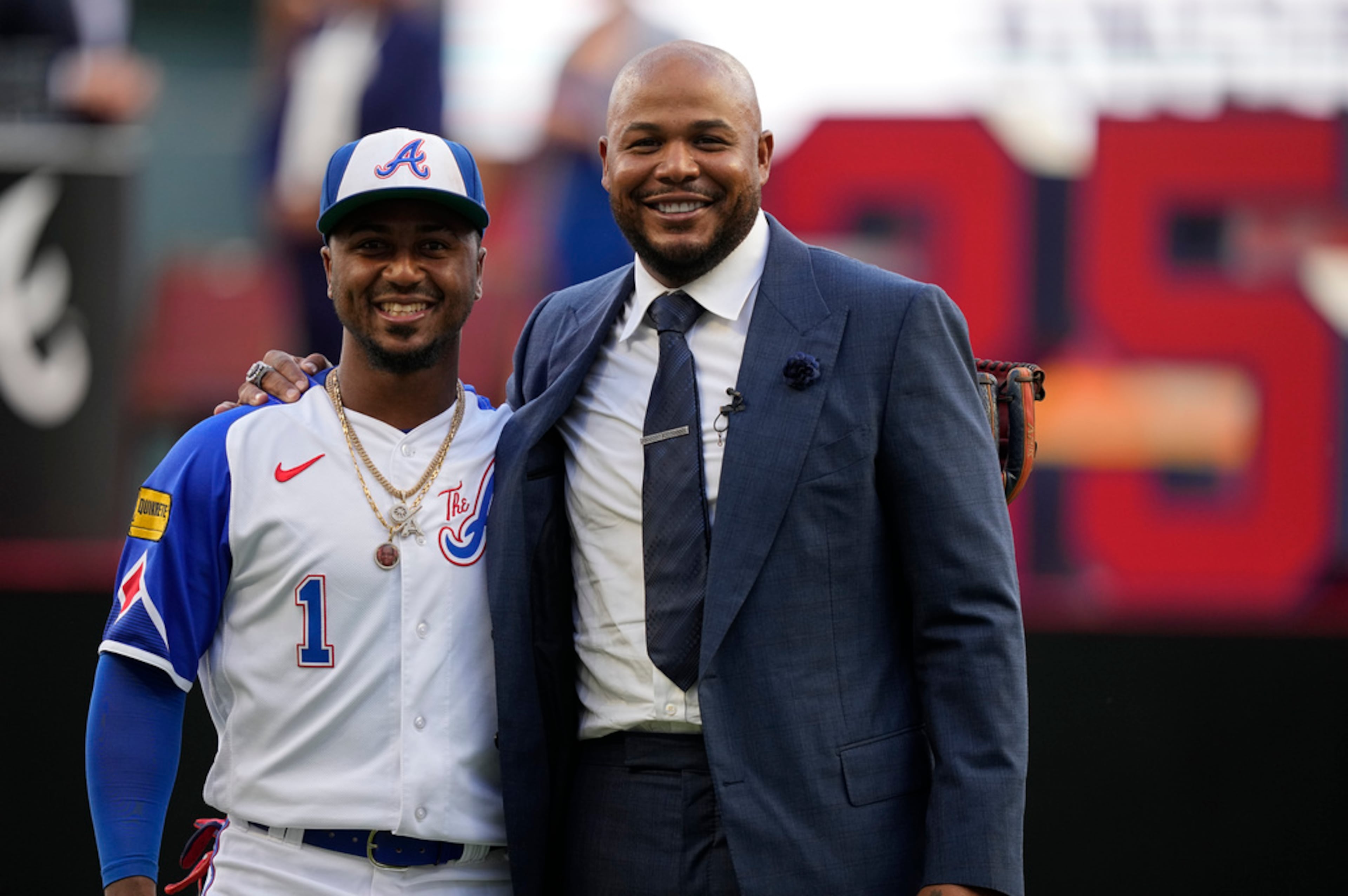Will Kyle Wright’s breakthrough continue in NLCS Game 3 start?
For Braves fans who remember that he had an 8.05 ERA in early September, Kyle Wright’s emergence as a key member of the postseason starting pitching rotation may seem abrupt.
The Braves see it more as a realization of what they were looking for all along this season from the 25-year-old rookie right-hander, who will start Game 3 of the National League Championship Series against the Los Angeles Dodgers on Wednesday night.
“We thought in the offseason and even the first spring training that Kyle Wright had a chance to be our 2020 version of Max Fried,” Braves general manager Alex Anthopoulos said.
By that, he meant the Braves thought Wright could have the type of breakthrough season in 2020 that the left-handed Fried had when he won 17 games in 2019.
“We were very high on him and excited about him,” Anthopoulos said. “The first spring training (before it was halted by the coronavirus pandemic in March), he looked like he was on his way."
When the delayed season finally opened in July, Wright was in the Braves’ starting rotation. But he struggled in his first four starts and was demoted to the alternate training site at Coolray Field in Gwinnett County on Aug. 20.
His struggles contributed to concerns among many observers about whether the Braves had sufficient starting pitching, aside from No. 1 starter Fried.
“You know what? I mean, they weren’t wrong (to be concerned),” Wright said. “I feel like Max picked us up in a huge way to really, I guess, in a way buy us some time. He kind of allowed me to get back to who I know I can be.”
During almost three weeks at the alternate site, Wright made changes: adopting a more aggressive approach against hitters, moving on the mound to the first-base side of the rubber and, at the analytics-driven recommendation of minor-league pitching coordinator Paul Davis, using his two-seam fastball more often.
“You don’t want to be down there,” Wright said, “but it was a really good group down there that I feel like I was able to learn a lot from.”
“He did tremendous work,” Anthopoulos said. “I think us leaving him down there for three outings to continue to work on things and solidify things helped.”
Wright rejoined the Braves' rotation Sept. 8, but again struggled in a four-inning stint against Miami that night. He allowed five runs, inflating his ERA from 7.20 to 8.05. (As he put it: “8 ERA isn’t exactly how you draw it up.”)
Then, something seemed to click.
He pitched six innings or more in each of his final three regular-season starts, allowing five runs in 19 innings across those games to lower his ERA to 5.21. In his postseason debut last week, he pitched six scoreless innings in Game 3 of the Division Series, defusing some early scoring threats by the Marlins.
“Just to be able to go out there and not have my (best) stuff and find a way to get out of some jams and then end up pitching deep in the ballgame and giving us a chance to win,” Wright said, “I think that was a big confidence booster and something I’m going to take in with me to this next start.”
The Braves believe Wright’s recent progress is sustainable.
“I think a lot of it for him is mental,” backup catcher Tyler Flowers said. "I think we’ve seen glimpses of this kind of success from him for an inning or two here and there, and then it’d kind of unfold on him pretty quick. I think he finally believes and trusts the stuff he has.
“Not that he was fearful before, but (he’s) definitely more fearless now, trusting his defense and just trying to get some contact early and then take a couple of shots to put guys away (with strikeouts) and then go back to trusting his defense and let them put it in play for him.
"But definitely his body language and his mentality seem to be much more consistent and much more positive throughout his last few outings, which has helped him be more successful.”



